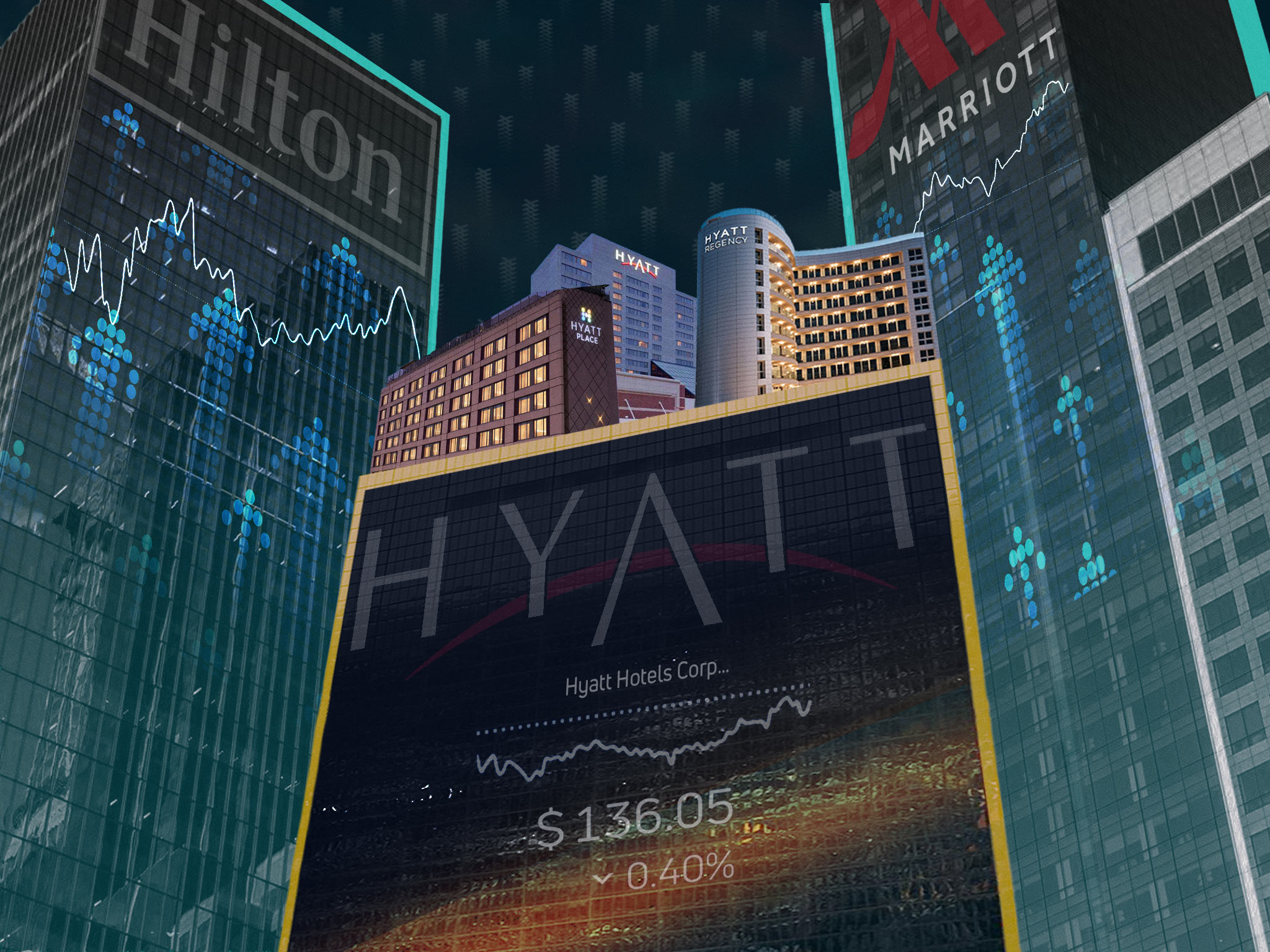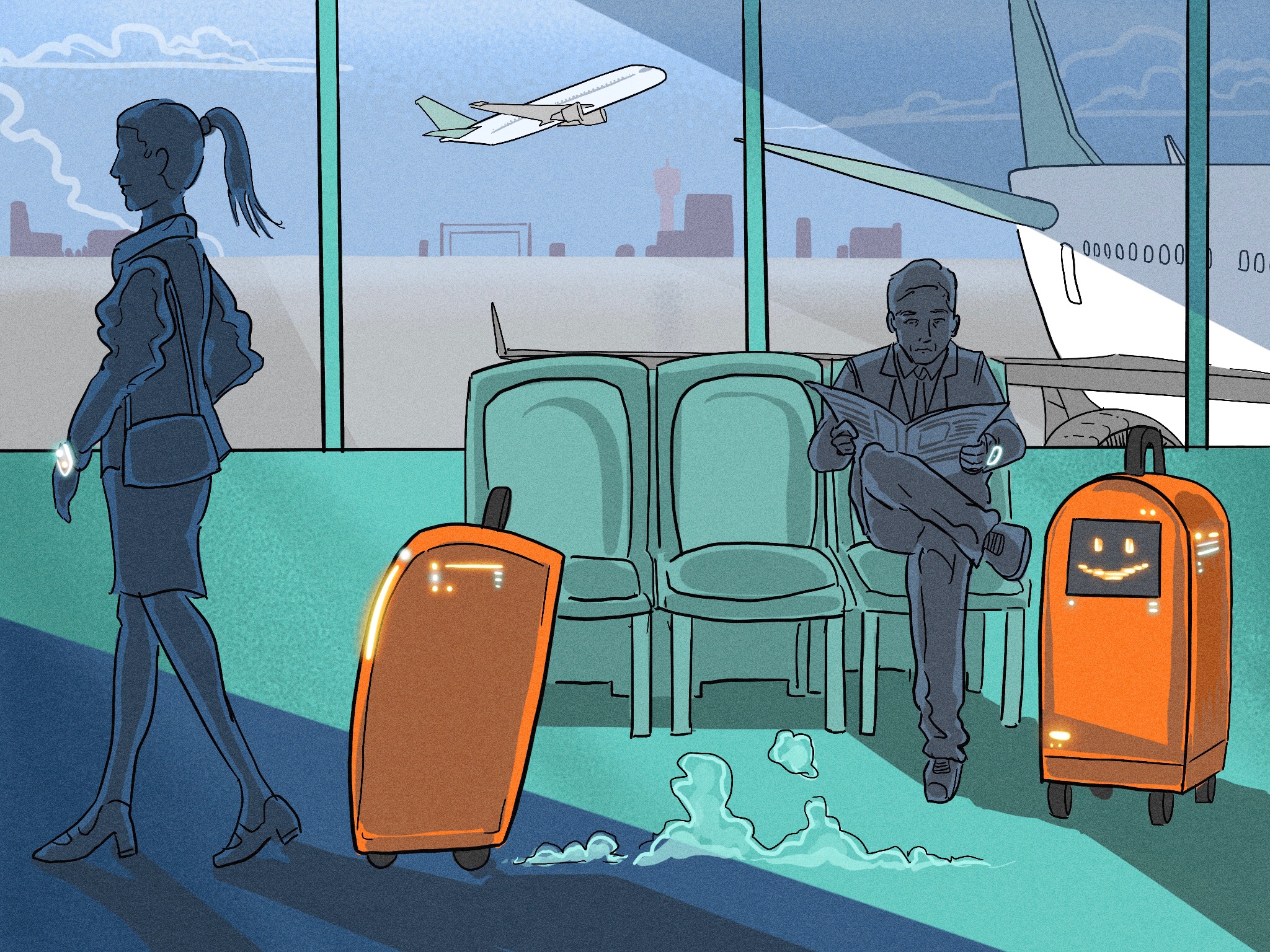Hyatt Hotels (NYSE: H) is continuing to transform how it does business, as the company enters its seventh decade.
Its current strategy mirrors its larger competitors who have shifted some of the risk and financial responsibilities to their franchise owners. Hyatt has also shed some of its properties, while adding marquee names such as the 7,000-room Venetian Resort in Las Vegas via a licensing agreement.
In June, Hyatt sold its group of 15 all-inclusive resort assets located across Mexico, the Dominican Republic, and Jamaica, for $2 billion.
Hyatt continues its conversion that many hotel operators such as Hilton Worldwide (NYSE: HLT) and Marriott International (NASDAQ: MAR) have embraced for years by adopting the franchise model.
Unlike other hotel companies, Hyatt’s stock has not fared well, increasing only by 3% during the past year. Meanwhile, competitors Marriott rose 22.6% and Hilton increased 30%. Over the past five years, Hyatt stock climbed 170%, lagging Hilton at 213% and Marriott at 176%.
Small portfolio
While Hyatt’s portfolio includes over 1,450 hotels and all-inclusive properties, Marriott owns 9,500 properties.
In 2017, Hyatt began shifting the costs to franchisees, leaving the burden of upgrading and replacing infrastructure to hotel owners. While the owners have the cache of using the brand name, they also must fork over a percentage of their revenue.
Hyatt will eventually own fewer hotels, as owners will take charge of redecorating and adding technology upgrades, electric vehicle charging stations and other amenities sought by guests.
The travel industry rebounded quickly after the pandemic, due to pent-up demand from consumers.
Happy Hyatt customers
Hyatt does have a legion of fans. Its loyalty program continues to grow, with over 2 million people joining it during the first quarter, a 22% increase from last year, for a total of 56 million members.
The company reported that its pipeline of “executed management or franchise contracts” was approximately 138,000 rooms, while its owned and leased segment adjusted EBITDA increased by 18% after adjusting for assets sold in 2024 in the first quarter. .
The company now counts on its asset holdings to generate most of its earnings. By 2027, over 90% of its earnings will come from these properties, a number that has soared from 37% when the company went public in 2009.
“That said, we remain confident in the resilience of our asset-light business model, the strength of our brand portfolio, and our ability to adapt to evolving market conditions,” CEO Mark Hoplamazian said in May.
Hyatt has hired Marc Jacheet to serve as the group president of Europe, Africa & Middle East (EAME) to build its presence in the region.
Hyatt has doubled the number of luxury rooms, tripled its resort rooms and grown lifestyle rooms five-fold globally since 2017.
Small size advantage
While Hyatt is much smaller than other hotel groups, it has the opportunity for additional growth, said Mike Smith, head of Allspring’s Growth Equity team, according to a Barron’s article.
“All the big hotels that have built these asset-light businesses with high-quality characteristics” have the potential for higher moves in their stock prices, Smith said.
“What sets Hyatt apart is that it has a little bit more room for improvement,” he said. “It’s not quite as optimized yet. But it knows the playbook and is on the path, and while it trades at a discount now, that will go away if it can execute.”
Strong consumer travel demand can help Hyatt. “Just given the sheer size of the company, the growth opportunity is immense,” Melius Research analyst Conor Cunningham wrote.









Comments